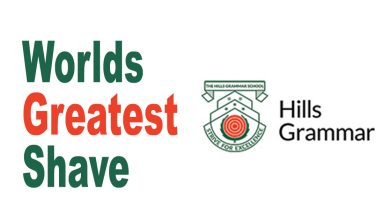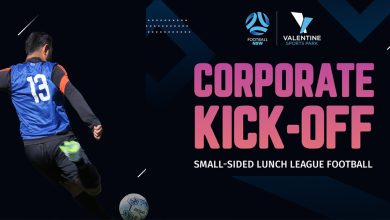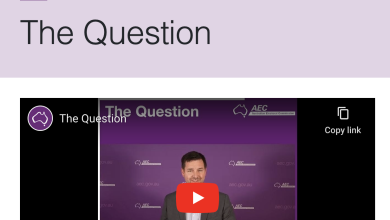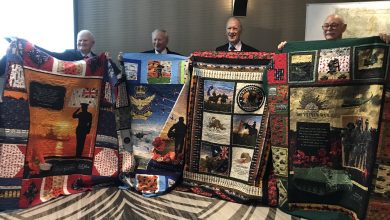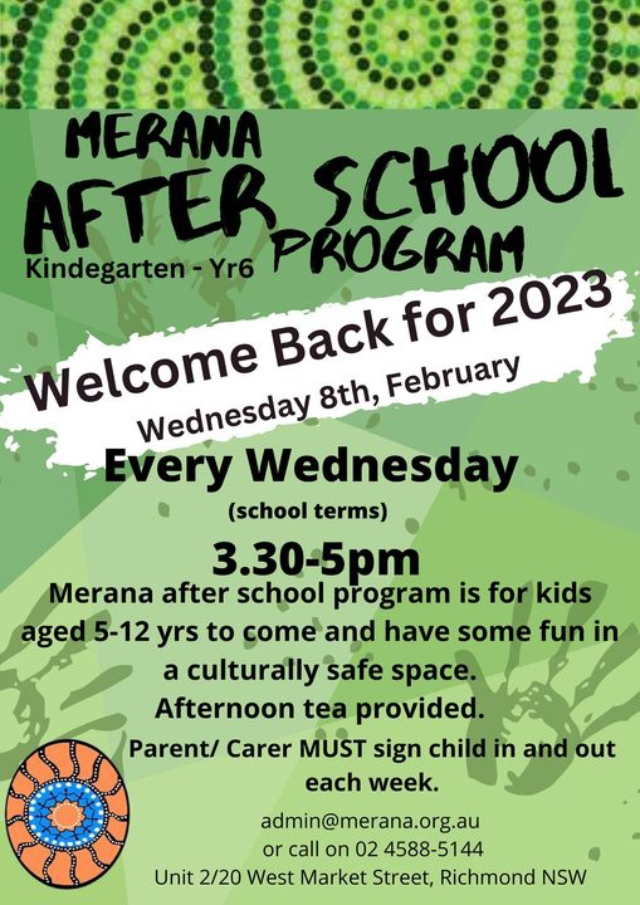Bin inspections in the Hawkesbury
Following the success of last year’s bin inspections, Council is again conducting bin inspections across the Hawkesbury to keep improving recycling rates for recycling and garden organics bins.
Bin inspection programs are an important aspect of community recycling education, providing direct feedback to residents on the way they recycle. This also helps Council develop targeted programs to help residents recycle better.
When a recycling or garden organics bin is contaminated with incorrect items, the recovery process becomes less efficient and can result in valuable resources being sent to landfill rather than being reused or recycled. This causes both financial and environmental loss.
Contamination makes the service more expensive; it can cause injury to workers sorting the materials and it can also result in truckloads of recycling or green waste being sent to landfill.
Inspections are becoming more common among councils throughout Australia, with Hawkesbury City Council’s Waste Education Contractor, EnviroCom, conducting such programs on behalf of Council since 2013.
The visual inspections are conducted on the morning of recycling or garden organics collections, predominantly in areas that have been targeted for contamination issues. The inspectors look inside recycling and garden organics bins that have been placed on the kerbside but they don’t rummage through or tip them out.
Residents will either receive a green Smiley Face Bin Tag if the correct materials were found inside, or a red Contamination Sad Face Bin Tag to assist with sorting recycling correctly in the future if incorrect items were present. Residents will also have a sticker placed on the bin as a reminder that plastic bags and other soft plastics cannot go in the recycling or garden organics bins.
The bin inspection program is for educational purposes only and residents will not receive financial penalties if contamination is present.
Fortunately, many residents already know what to place in the recycling bin and the garden organics bin.
Hawkesbury statistics – did you know:
There is a 7% contamination rate in Hawkesbury recycling bin – state average is 7.3%.
Hawkesbury residents recycle on average 540 tonnes per month, 6480 tonnes per year.
17% of Red Lid Waste Bin contents from the Hawkesbury is recyclable
22% of Red Lid Waste Bin contents from the Hawkesbury is food. Why not stop that going to landfill.
You can currently purchase a compost bin for $29.90 or worm farm for $44.90 which is 70% off RRP by being a part of Council’s Compost Revolution program. See Council’s website for information or direct link https://compostrevolution.com.au/hawkesbury
Frequently asked questions
What can go in recycling bins?
Newspapers, magazine, junk mail, cardboard, glass bottles and jars, milk and juice cartons, steel/tin and aluminium cans, aluminium foil/trays, empty aerosols (like bug spray, deodorants, air fresheners), all hard plastic containers (like ice-cream containers, margarine tubs, fruit and vegetable punnets, salad dressing and sauce bottles, shampoo/conditioner bottles, dishwashing liquid and laundry powder/liquid bottles.
What can’t go in recycling bins?
Recycling in plastic bags, plastic bags, food scraps, polystyrene (foam), plastic wrapping and cling film, plastic packets (like chip packets, pet food bags, lolly and ice-cream wrappers, muesli bar wrappers, bread bags, rice and pasta bags, etc.), electronics, clothing/textiles (including shoes, backpacks, sheets and towels), toys (hard or soft), garden waste, tissues/serviettes/face wipes/paper towel, shredded paper, nappies, medical waste, chemicals, building materials. Also, you can only recycle packaging items made of plastic, steel, aluminium and glass.
Therefore, no hard plastic items such as toys, furniture, washing tubs, buckets, plastic pots, etc. can go in recycling. No plastic or metal coat hangers, scrap metal or other glass such as window glass, drinking glasses or light globes can go in recycling.
Tissues, serviettes and shredded paper are made from paper so why can't they go in the recycling bin?
Every time things are recycled the quality is reduced. Paper products like tissues and serviettes may be contaminated so they should not go in the recycling bin. However, even if they haven’t been used, they are still not worth recycling as the quality is so low. Shredded paper causes problems at the recycling facilities as it gets caught in machinery.
There are so many different plastics, how do I know if a plastic item can be recycled or not?
Try to scrunch it up in one hand. If you can scrunch it into a ball without much effort and using only one hand, then it is considered “soft plastic” and should not be put in the recycling bin. Some examples of soft plastic are chip packets, pet food bags, lolly and ice-cream wrappers, muesli bar wrappers, bread bags, rice and pasta bags.
What can go in garden organics bins?
Grass clippings, fresh or dry leaves, cut flowers, pruned bushes, sticks (no longer than 40cm in length and 10cm in diameter) and garden weeds.
What can’t go in garden organics bins?
Plastic bags and liners, garbage, tree stumps, food waste, animal droppings and wastes, terracotta and plastic pots, string and hoses, soil.
How do my bins have to be presented for collection?
Please place your bins out by 4am on the day of collection (if you have morning collections) or by 4pm (if you have afternoon collections). Bins should be spaced at least 1m apart and clear from trees, cars and other obstructions.
Lids should be fully closed and the lid opening should be facing the road.
For further information, visit Council’s website at www.hawkesbury.nsw.gov.au, for a range of great resources such as the A-Z Reuse and Recycling Guide for the Hawkesbury and the Household Waste Guide 2016-2017 call Customer Service on (02) 4560 4444.

